Table of Contents
As the world shifts towards sustainable transportation, electric vehicles (EVs) are gaining popularity for their eco-friendliness and cost-effectiveness. In India, where affordability plays a crucial role in purchasing decisions, the emergence of budget-friendly EVs is a game-changer.
The cheapest Electric Scooters in India offer a perfect blend of modern technology, efficiency, and affordability, making it an ideal choice for budget-conscious consumers. These scooters provide significant savings on fuel and maintenance and contribute to a greener future.
Let’s explore the cheapest Electric Scooters, the most affordable option in the Indian market, and why they could be your next wise investment. So here we go!
Top 10 Cheapest Electric Scooters Currently in the Indian Market
Avon E Scoot 504

Price: Rs 45,000
Maximum Range: 65 Km
Maximum Speed: 24 km/hr
Charging Time: 7-8 Hours
The two-wheeler is a low-speed economic ride aimed at young consumers. It is easy to ride for daily commuting. The Avon E-scoot provides 250W power output, and its top speed is restricted to 24 km/hr; hence, you will not require a driver’s license. We have mentioned above that the charging time is 7-8 hours. It can be significantly reduced to 4 hours when lithium batteries are used instead of lead batteries.
The two-wheeler easily navigates Indian roads with twin rear shock absorbers. Overall, it can be used for daily commuting.
Con: the range anxiety can be a problem.
Zelio Gracy

Price: Rs 56,825- Rs 82,273
Maximum Range: Depends on the variant
Maximum Speed: 24 km/hr
Charging Time: Depends on the variant
| Power Variant | Price | Charging Time | Range |
| 1.92 kWh (Lead) | Rs 59,273 | 7-8 hours | 55-60 km |
| 2.24 kWh (Lead) | Rs 61,773 | 7-8 hours | 70-80 km |
| 2.28 kWh (Lead) | Rs 65,073 | 8-9 hours | 80-90 km |
| 2.66 kWh (Lead) | Rs 68,773 | 10 hour | 120 km |
| 1.8 kWh (Lithium-ion) | Rs 82,273 | 4 hours | 80 km. |
Cons: As evident from the scooter’s mentioned range, there will be range anxiety. The battery is not detachable, which means you cannot detach it from the vehicle. With detachable batteries, you have the luxury of using two batteries. One can be used, and the second one can be used for charging. The undetachable battery will only prolong the charging time.
Okinawa Praise Pro

Price: Rs 84,443
Maximum Range: 81 km
Maximum Speed: 50 km/hr
Charging Time: 2-3 hours
The economically viable vehicle has a 2.08 kWh lithium-ion battery, which can give a peak power of 2700 watts. The scooter has notable features like central locking with an anti-theft alarm, keyless operation, a ‘Find my scooter’ function and a USB port.
The scooter’s USP is the disc brake with twin rear gas-charged shock absorbers at both ends, which Bajaj Chetak doesn’t offer at this price range. Also, the battery pack is easily detachable.
Con: the actual speed is less than 50 km/hr. Hence, it will take a longer time to reach the destination.
Hero Electric Atria

Price: Rs 77,690
Maximum Range: 85 Km
Maximum Speed: 24 km/hr
Charging Time: 4-5 Hours
The two-wheeler is a sporty-looking, low-speed electric scooter with a fully digital instrument. The telescopic fork up front and twin shock absorbers at the rear make it easy to handle Indian roads. The suspension is easy to handle, and even the 12-inch alloy wheel comes to a halt using drum brakes.
The vehicle is loaded with a 30Ah Lithium-ion battery, LED headlights, and tail lights.
Ampere Magnus EX

Price: Rs 95,268
Maximum Range: 80 Km
Maximum Speed: 45 km/hr
Charging Time: 6 Hours
The EV offers everything other players in the market offer. So, let’s look at its cons.
Cons: The improvement area is speed. The maximum speed is relatively less for an EV, almost at par with its counterparts. After 25 km/hr, the vehicle loses torque, and overtaking vehicles is a calculating game. The other aspect is the LCD, which doesn’t give proper information, blinks on and off and is never static. It gets worse on both rainy and sunny days.
The overall ride is meant for short commutes and is not very satisfactory in performance.
Hero Electric Optima

Price: Rs 83,300 – Rs 1.24 lakh
Maximum Range: 82-140 Km
Maximum Speed: 45 km/hr
Charging Time: 4-5 Hours
Let’s jump to the pros and cons.
Pros: It is literally a no-fuss vehicle with an easy key-twist throttle and practically no noise. The only problem is checking air pressure during maintenance.
Cons: there is no odometer. It flashes for a second when the scooter is turned on, but that is it. There is no engine braking(which means the vehicle will not slow down during the internal mechanical process), and it takes some time for the rider to get used to this. There is no start/stop button either. Hence, the rider should be careful when using it with kids and older people. Also, the realistic range is 40 km, which is way less than the given range.
Ola S1X

Price: Rs 84,999
Maximum Range: 95 Km
Maximum Speed: 85 km/hr
Charging Time: 5 Hours
Ola is a household name in the EV sector, so let’s discuss its pros and cons straightaway.
Pros: The vehicle has multiple battery options and still has a comparatively low price. As evident in the above specifications, it has a good range, which can quickly curb any range anxiety.
Con: It is a base model, so it has few features. However, the main point of concern is the drum brakes at both ends. Why is that a problem? With drum brakes, the main problem is there will be a slower reaction to the brakes. Also, water can accumulate in the drum during rainy seasons.
Bajaj Chetak

Price: Rs 1.42 lakh (it would be less when FAME II is applicable)
Maximum Range: 95 Km
Maximum Speed: 70 km/hr
Charging Time: 5 Hours
Pros: Chetak’s suspension has performed well. Hence, the quality is fantastic, and there is excellent seat cushioning for the rider and pillion. The vehicle can quickly drive 70 km/hr. Power delivery is linear, which means that the speed is less in standard mode, and more action can be achieved by switching to Sport mode.
Cons: A range of 80 km is not sufficient for daily commuters as it will involve daily charging of 4-5 hours.
Vida V1

Price: Rs 1.19- 1.49 lakh
Maximum Range: 110 Km
Maximum Speed: 80 km/hr
Charging Time: 2 Hours
Pros: The suspension and cruise control are state-of-the-art, and it absorbs everything. The batteries are removable. You can change your riding modes while on throttle, and even Ather doesn’t have this technology. The tires are pretty sturdy, as they are from the MRF brand.
Cons: The first thing no one mentions is the horrid seating, which can be uncomfortable after 15 km. Another point is the My Vida app, which doesn’t work; hence, charging cannot be done from charging stations. The boot space is quite limited, and you can’t fit a full-face helmet. The gear switch is a bit tricky. Last but not least, the real-world range is even less.
Ather Rizta

Price: starting price Rs 1,09,000
Maximum Range: 123 Km
Maximum Speed: 80 km/hr
Charging Time: 4-5 Hours
Pros: The seat is longer than that of any contemporary scooter. The suspension is quite good, and the build quality is vital. The best thing is a 34-litre under storage and an optional 22-litre frunk. The ride has every safe feature, such as skid control, Gmaps, smartphone connectivity, reverse gear, etc.
The cons are that there is no scope for thrills, as it is commuter-oriented. The quality could have been better with firm suspension and plastic material. Taller riders will find the handlebar fouling their knees while turning.
Your judgment matters
The top 10 cheapest electric scooters in India strike a balance between cost and functionality, making them an excellent choice for those looking to transition to electric mobility without breaking the bank. Whether you prioritize affordability, environmental impact, or just a simple ride to work, these scooters provide a viable solution for your commuting needs.


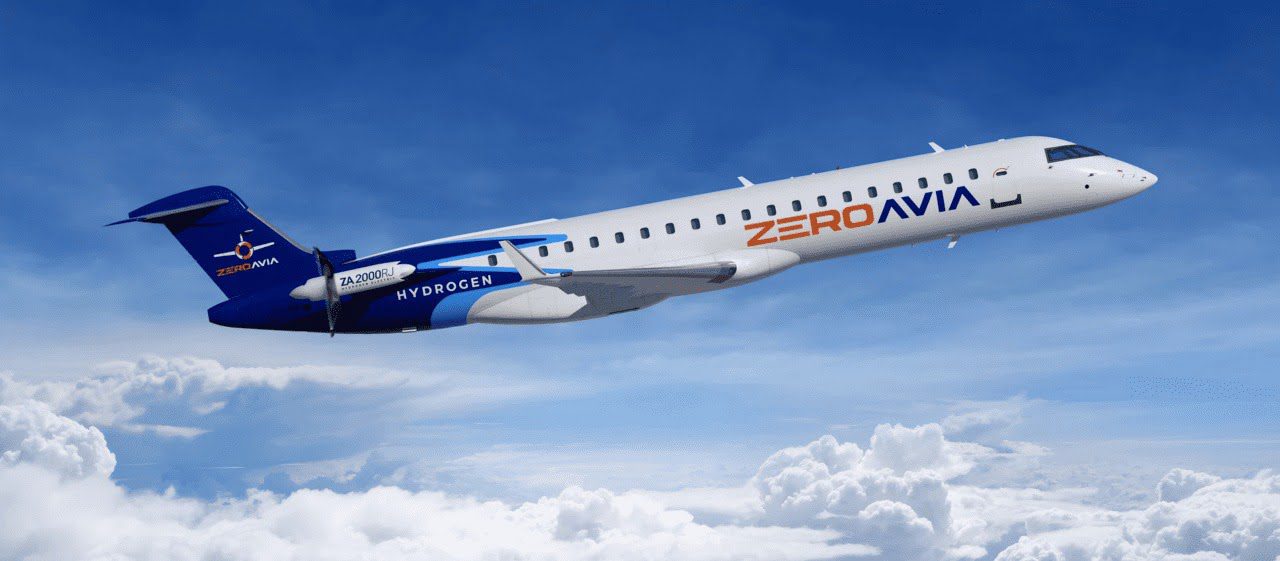

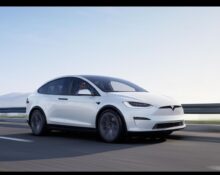
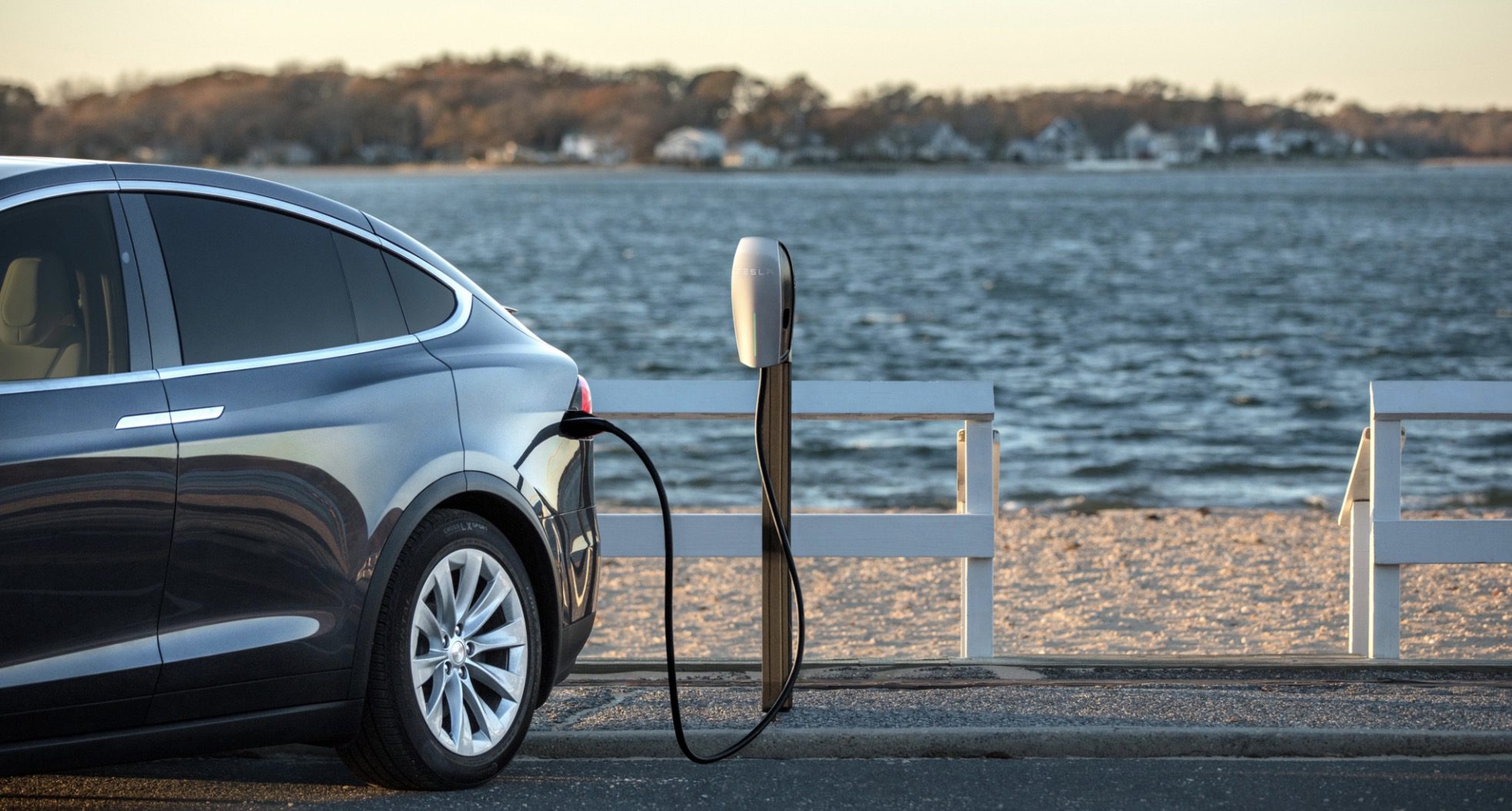
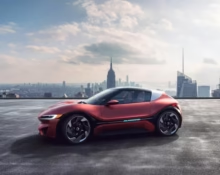

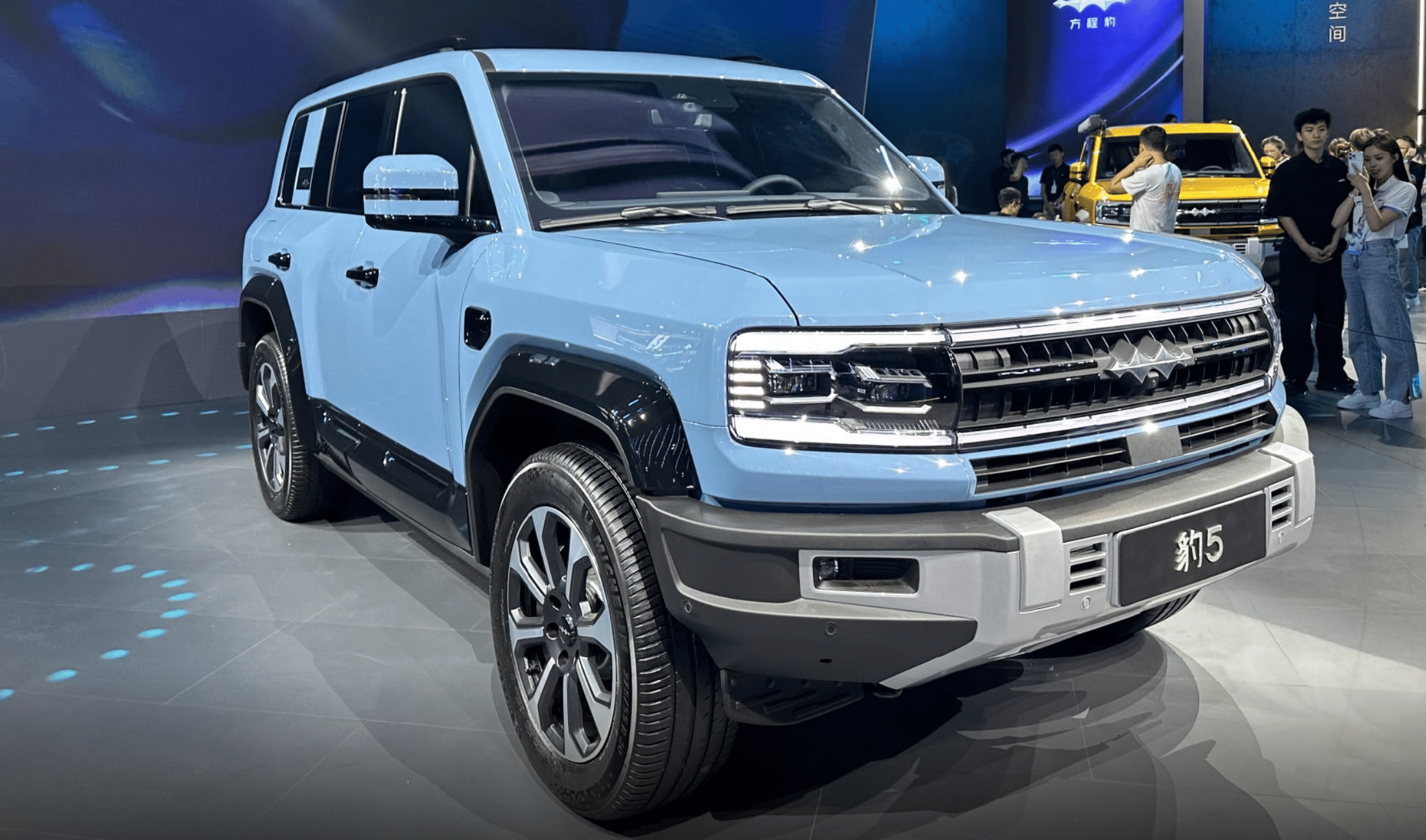
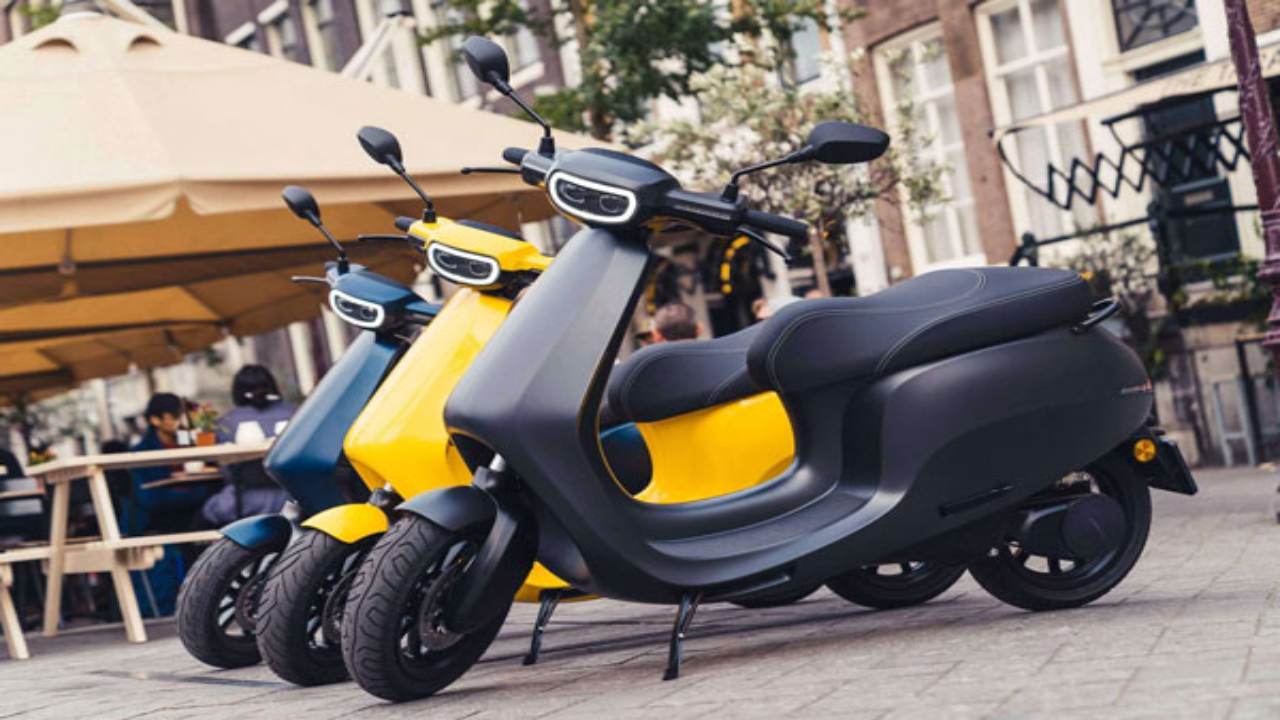

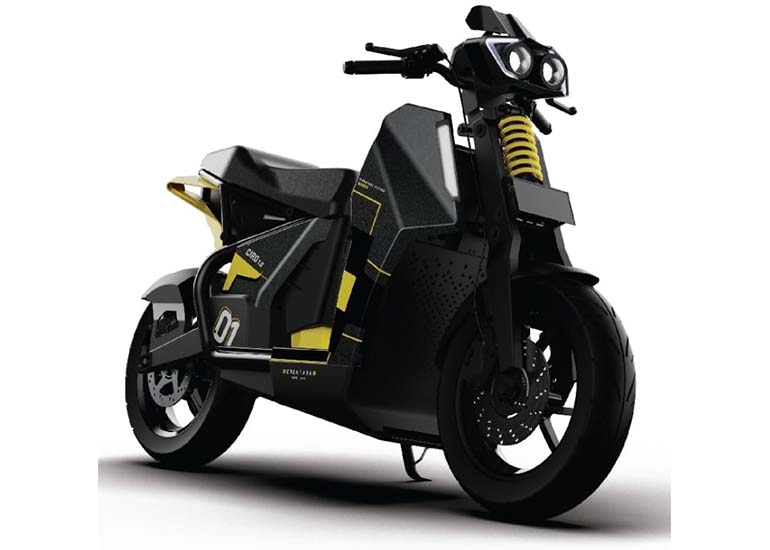
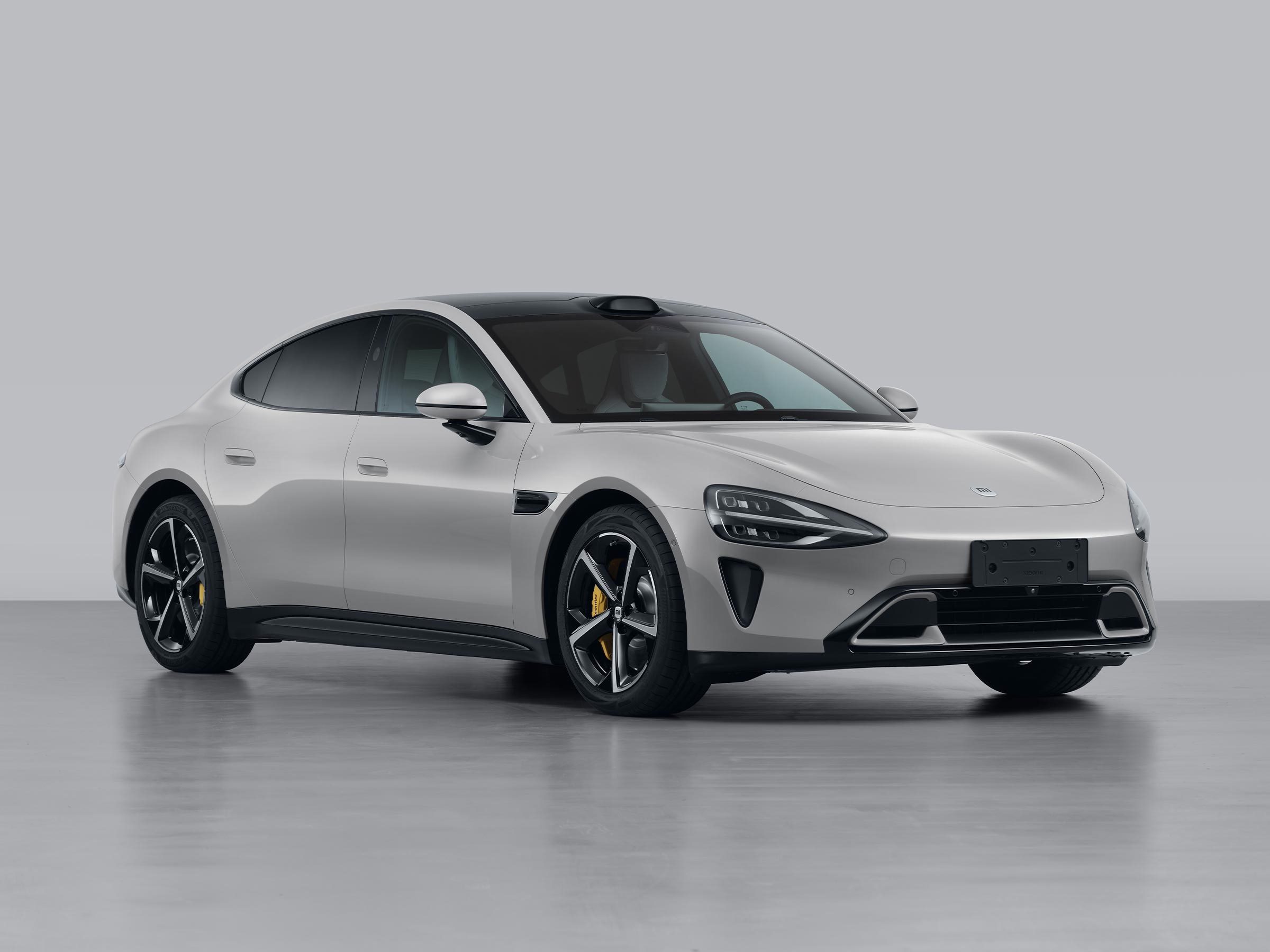

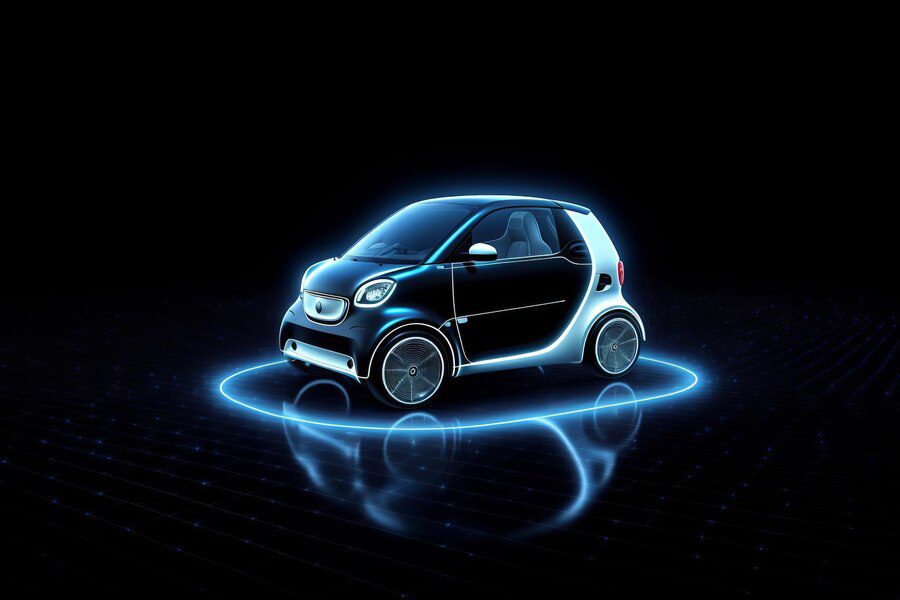
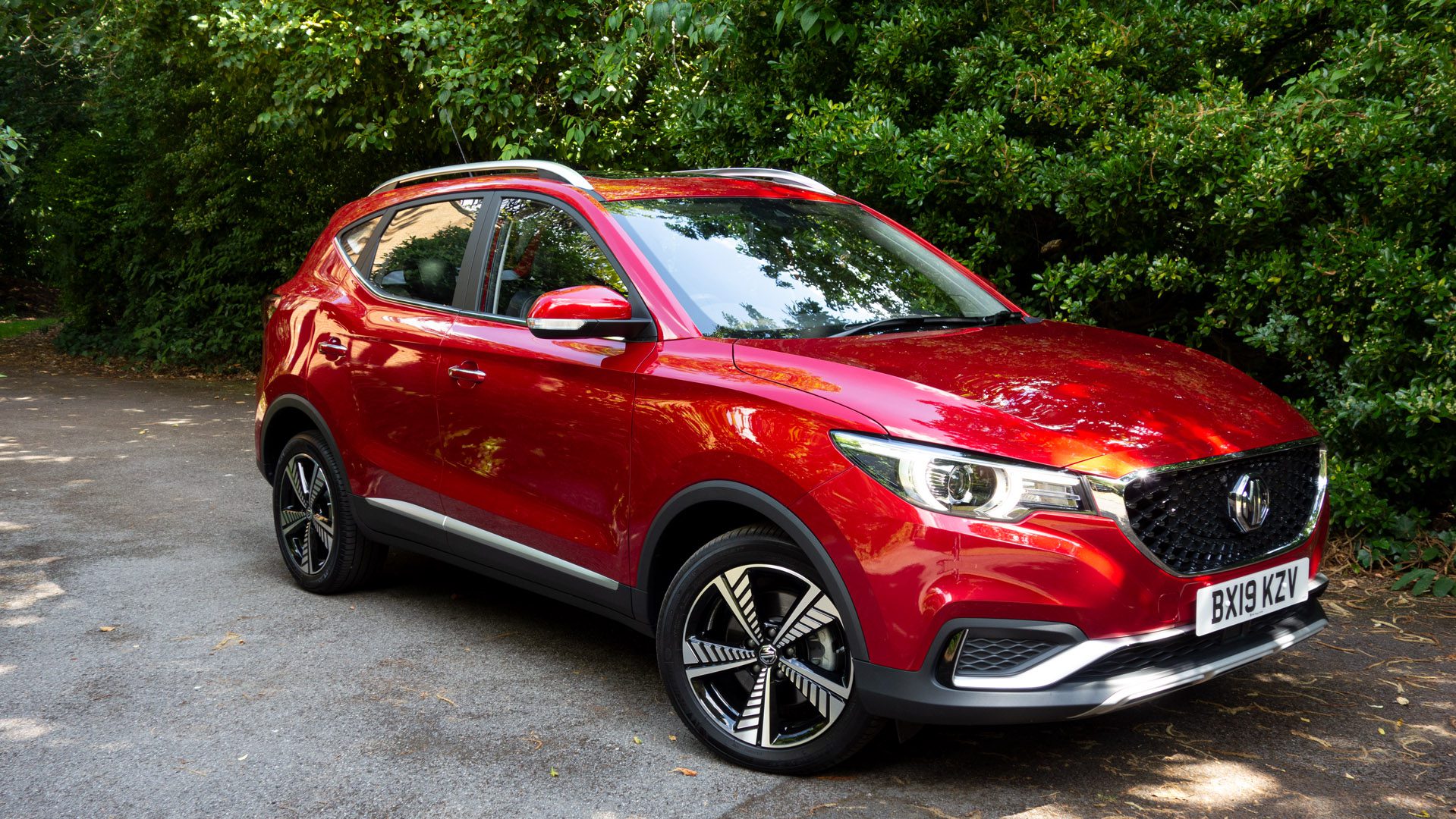




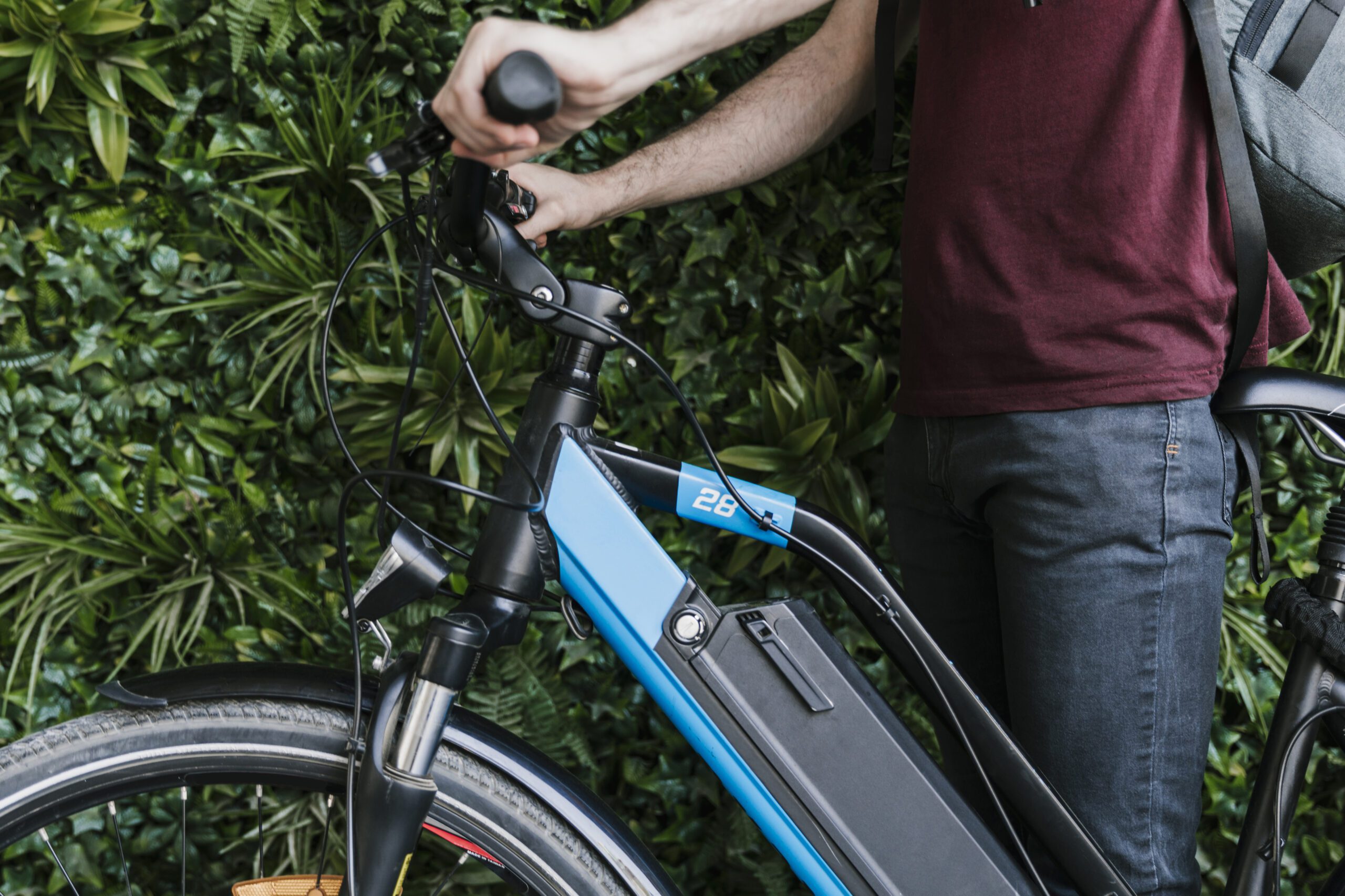
Leave feedback about this